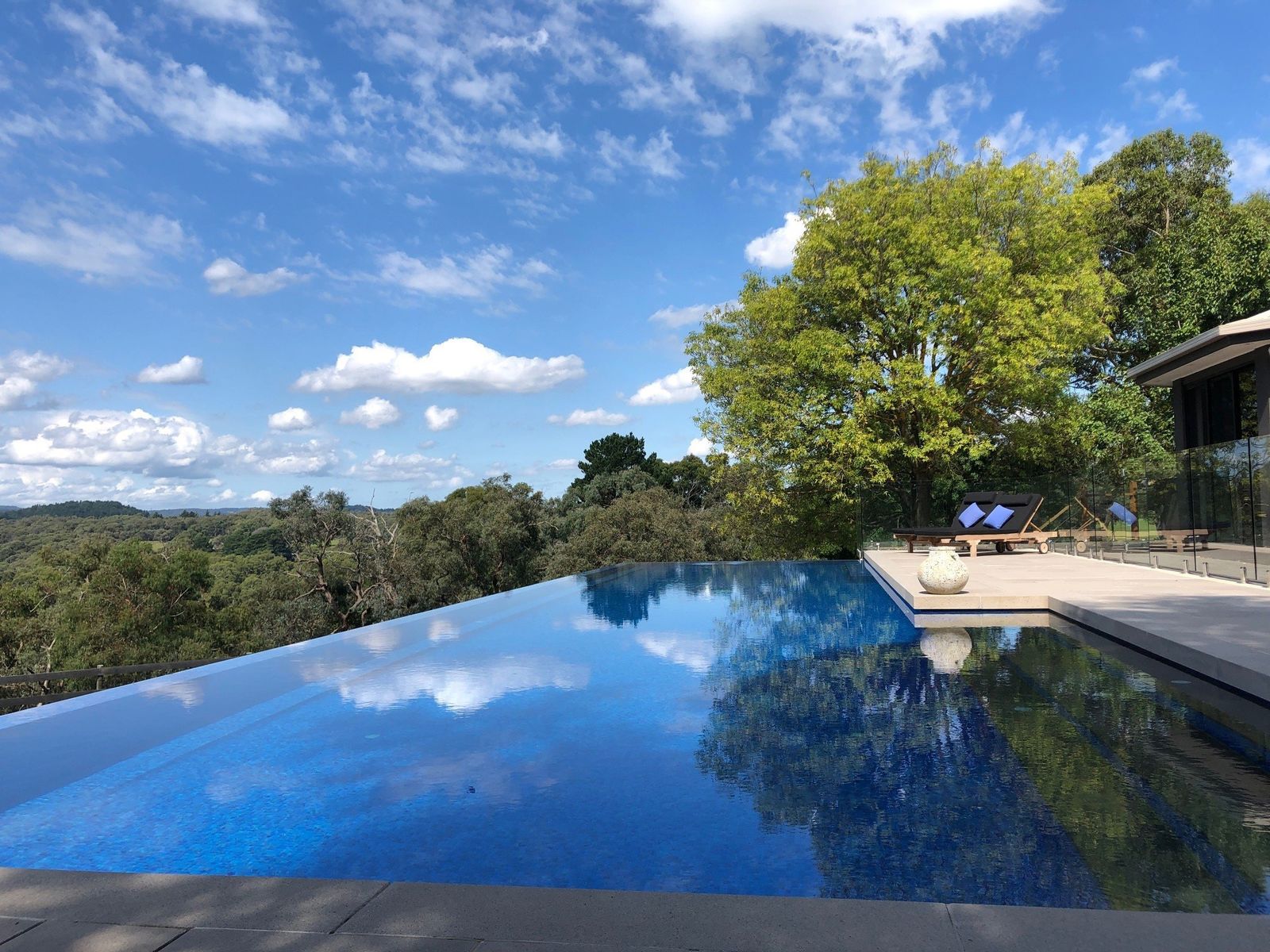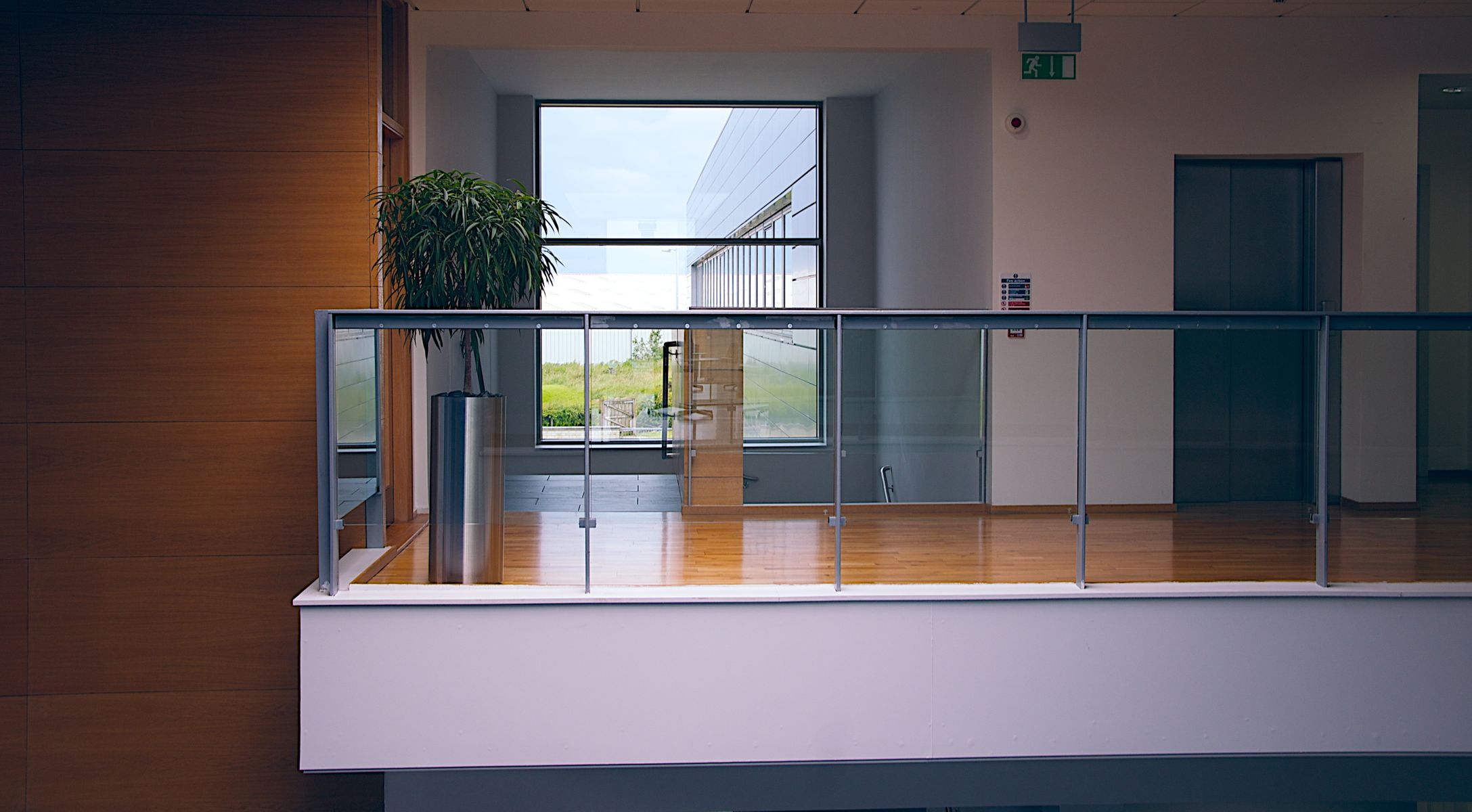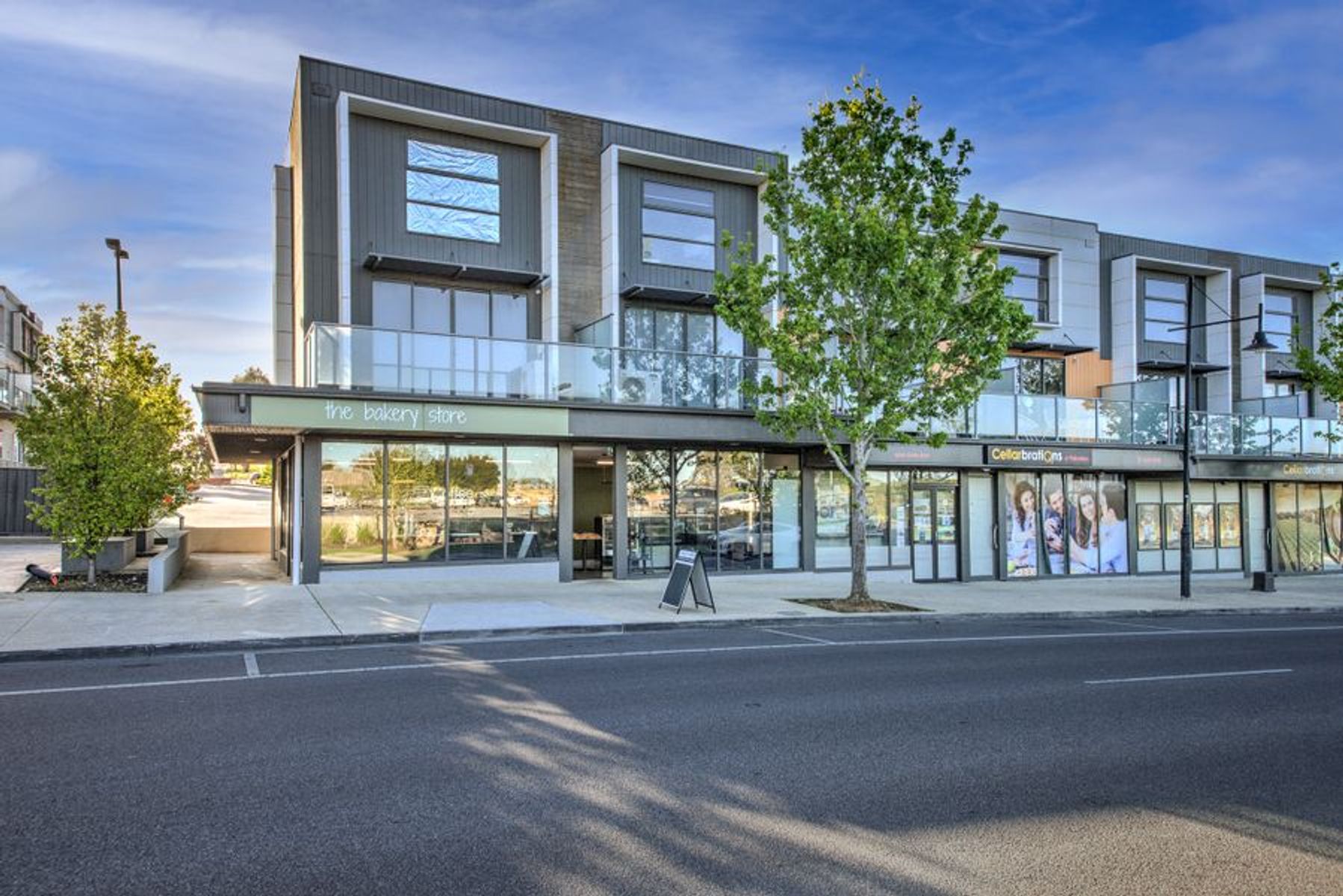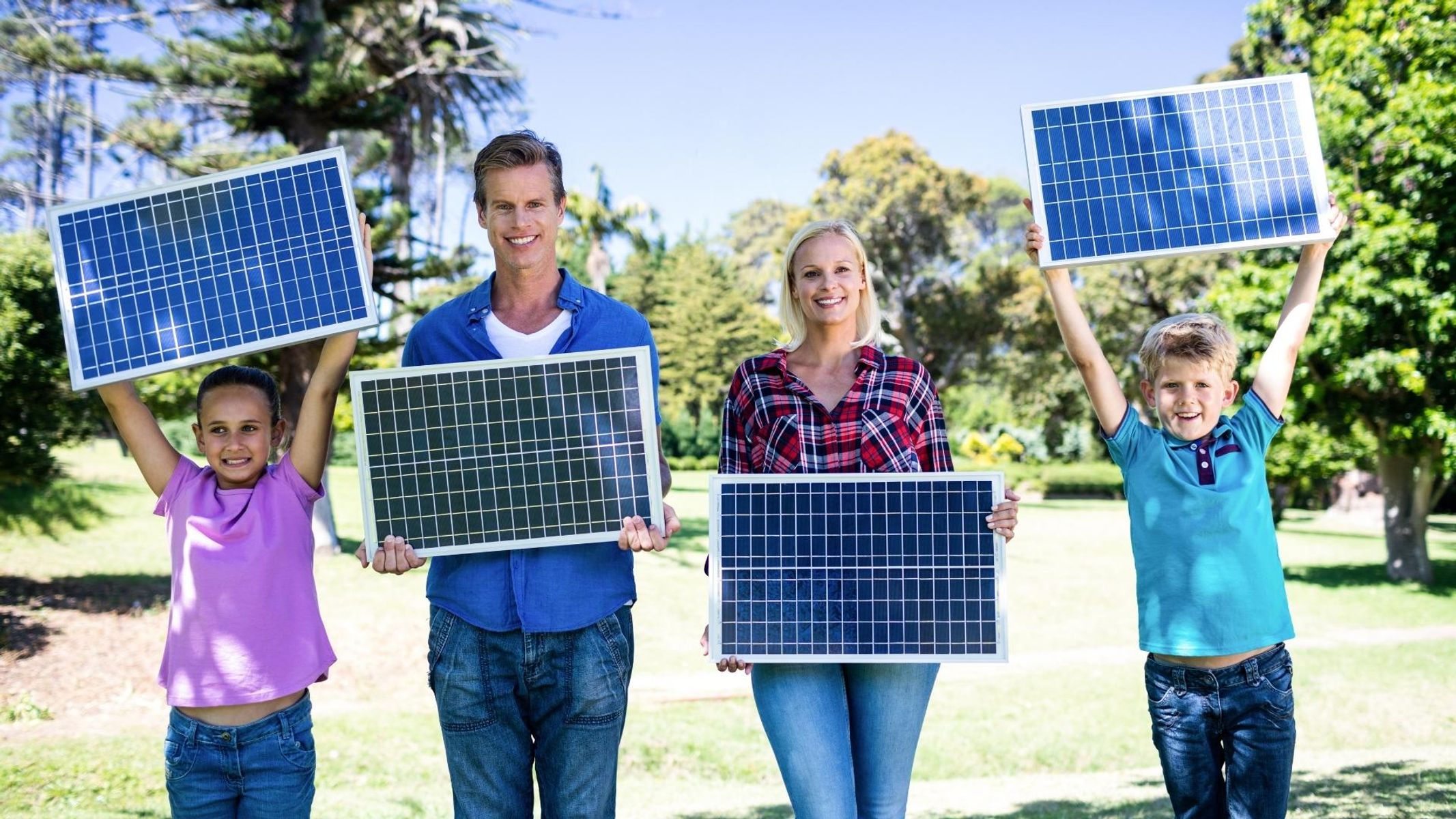Like refrigerators, hot water services, and air conditioners, pool pumps are amongst the biggest consumers of electricity in your home. This can make it tempting to cut back on the number of hours your pump runs each day and while it’s fine to reduce your pump’s running hours during the cooler months, the opposite is true as the temperature begins to heat up.
With the weather is getting warmer, it’s easier for algae to grow in your pool. Your pool needs more chlorine, and the pump needs to run for more hours each day to stay safe as well as clear.
Have a chat with your local pool shop about the number of hours your pump should be running each day as this will differ in different climates.
Indoor swimming pool at 20 Bellbird Avenue, Harkaway
Run your pump at night
If your pool is saltwater chlorinated, running the pump at night when electricity can be cheaper might be more efficient. The chlorine your system produces is not immediately diminished by sunlight, and you may therefore be able to reduce your pump’s total running hours compared to if you only ran the pump during daylight hours.
Top up the water
No doubt the water level in your swimming pool has dropped so you'll probably need to top it up.
Some councils require a permit if excess water is required so make sure to check regulations with your local council.
Clean your filter
Now is a good time to clean out your swimming pool filter and wash out your baskets.
If your filter is clogged the pump will have to work much harder to keep the water clean.
Professional swimming pool cleaning services are available if you are unsure how to clean your filters yourself.
Balance the chemistry and give it a shock
It is essential that your water is healthy and safe to swim in.
DIY test kits are available from all swimming pool shops though if you're not confident testing and adjusting the balance of your water yourself most pool shops offer a water testing service and can advise action accordingly.
You will also need to shock your swimming pool using an oxidiser which raises the chlorine levels in your pool to kill off any harmful algae and bacteria that may be present.
Swimming pools and spas must be registered
It is also timely to mention that new laws to improve swimming pool and spa safety are in effect in Victoria, as of December 2019. The legislation is relevant to all owners of land who have a swimming pool or spa in their home that holds more than 300mm (30cm) of water. Having a permit is no longer enough and registration of the pool or spa must be completed with your relevant council.







